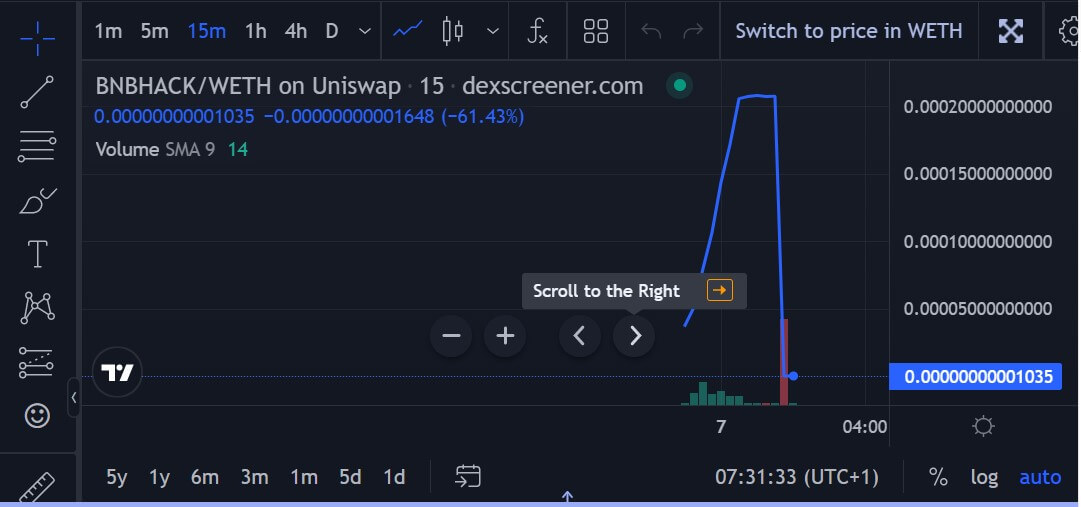
2022-12-30 03:00 |
Just the top 10 major cryptocurrency exploits garnered over $2 billion for malicious actors in a year that was marred with bankruptcies and collapses. origin »
Bitcoin price in Telegram @btc_price_every_hour
New Year Bull (NYB) на Currencies.ru
|
|







